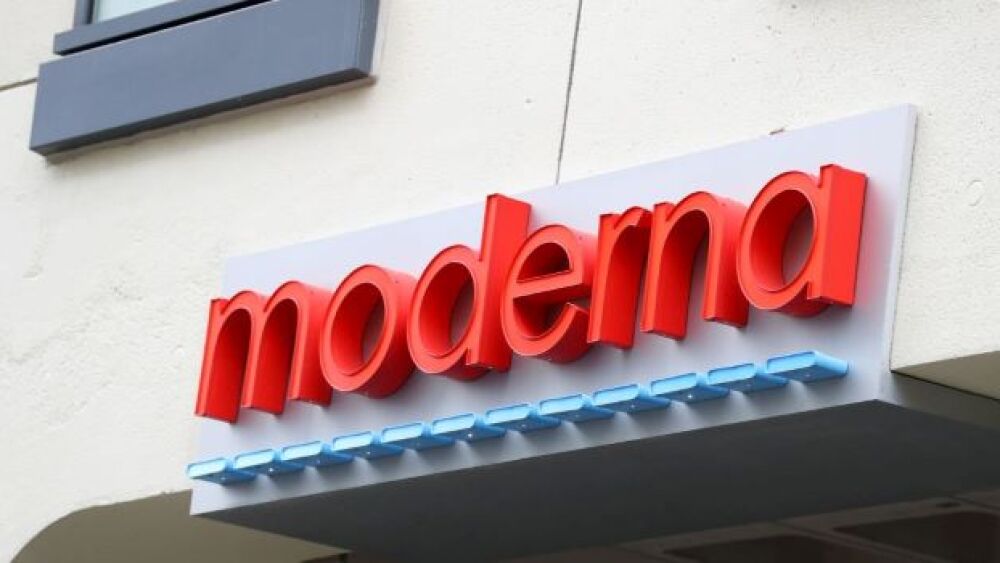The news of a unanimous decision by the adcom came just two days after the agency issued a 45-page document that contained vague comments on the drug.
Maddie Meyer/Getty Images
The U.S. Food and Drug Administration’s advisory committee is recommending the use of Moderna’s mRNA-1273 vaccine for COVID-19 as a booster dose for certain demographic groups.
The news of a unanimous decision by all members of the FDA’s Vaccines and Related Biological Products Advisory Committee (VRBPAC) came just two days after the FDA itself issued a 45-page document that contained vague comments on the drug.
Moderna had applied for a 50µg dose booster to be authorized for senior citizens and those aged 18 to 64 years who are either at high risk for severe COVID or frequently exposed to it due to their line of work.
This is different from the EAU that Moderna already has to administer a third dose at 100 µg to patients aged 18 years and up and are immunocompromised and have undergone solid organ transplantation or are diagnosed with illnesses that leave them with weakened immune systems.
Moderna had expressed disappointment over the FDA’s inconclusive statement about its vaccine’s potential as a booster. It is worth mentioning that Pfizer, its competitor, has already been granted an EUA for its booster shot — and is currently the only vaccine with this designation.
The FDA advisory committee’s recommendation, although not binding, is a huge deal for Moderna, especially as the FDA does place much weight on the committee’s green light before it makes a final decision. The VRBPAC’s decision is based on positive results from a Phase II clinical study on 344 participants six to eight months after their second dose. If all goes well, Moderna said it expects to produce and distribute as many as one billion extra doses of 50 µg in 2022.
“We thank the committee for their review and for their positive recommendation in support of Emergency Use Authorization. This positive recommendation is supported by data on the 50 µg booster dose of our COVID-19 vaccine, which shows robust antibody responses against the original virus, but also against the Delta variant,” said Stéphane Bancel, chief executive officer of Moderna, in a statement.
“We remain committed to staying ahead of the virus and following the evolving epidemiology of SARS-CoV-2. We look forward to making our booster available to people in the U.S. to help protect themselves against this ongoing public health emergency,” added Bancel.
The FDA has yet to comment on the VRBPAC’s recommendation, but it is expected to issue a decision on Modern’s EUA application soon. Once the vaccine has been granted an EAU, the Centers for Disease Control and Prevention (CDC) will then evaluate and issue its own recommendation on the booster.
Featured Jobs on BioSpace





